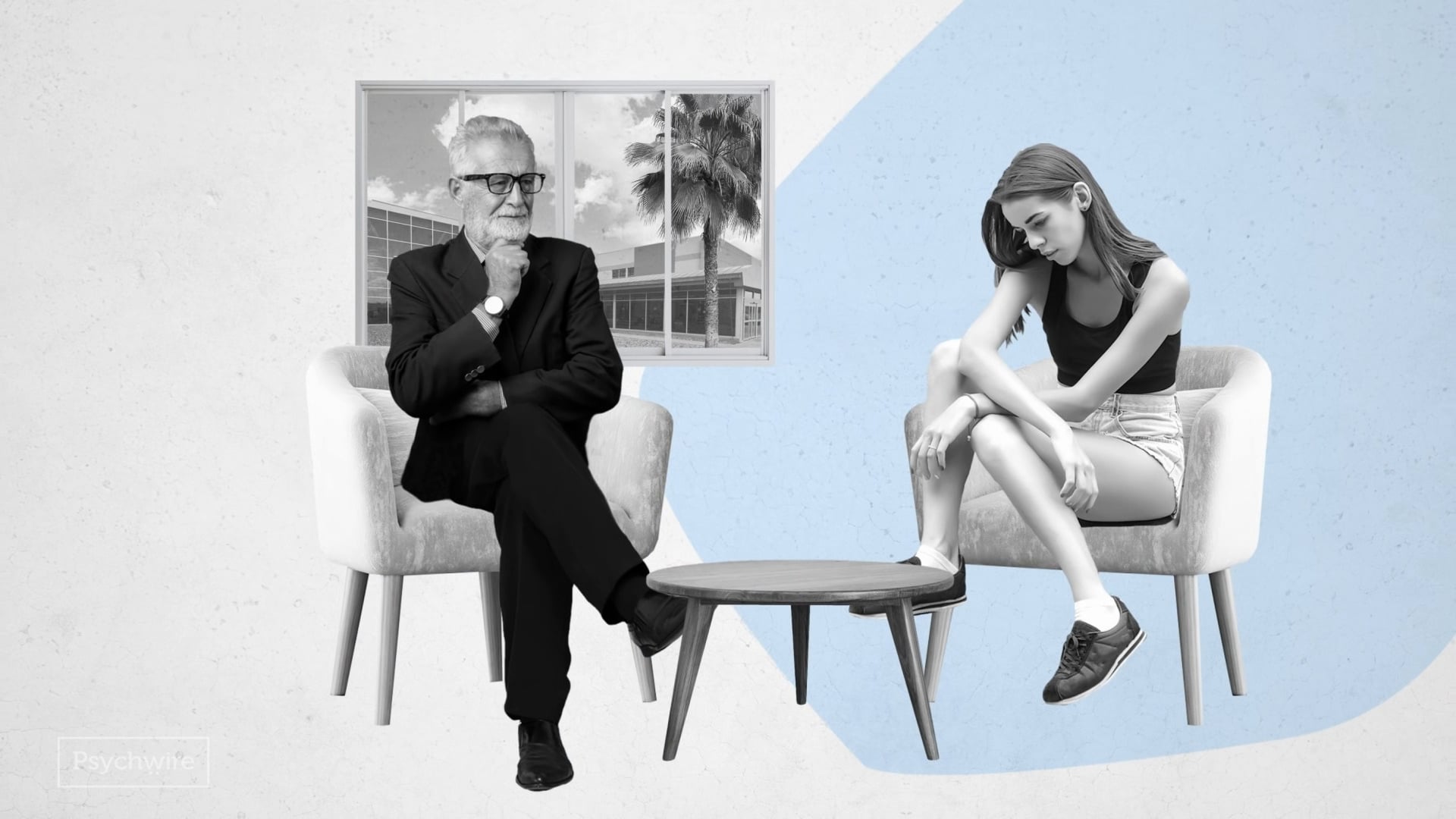
Effective Focusing
 Motivational Interviewing - Foundational
Motivational Interviewing - FoundationalFocusing simply means that there's a shared interest between you and the client on moving in a particular direction. Or about a certain topic. And really, there are three different ways that focusing can happen. The first is simple focusing. And that is you both already know what the topic on the table is. The second way that focusing can happen is if there are multiple options to consider, and you're really not sure which one is the most important to the client or to you.
This often happens for complex behaviors like depression where there might be various different things that a person can do or explore to help their depression. A third way that focusing can happen is when you really don't have an idea about what is the most important thing for you and the client to work on during your sessions. An example of this would be if you're working at an outpatient mental health clinic, you're seeing somebody for the first time they come in they describe an unhappiness with their life, but you're really not sure what exactly it is that's going on with them. It could be the fact that they're fighting with their husband.
It could be the fact that they're worried about their children. It could be the fact that their depression has become worse. It could be the fact that physically they're having problems. Focusing presents an interesting dilemma in motivational interviewing because without any focus at all, you can't do motivational interviewing. You wander in the desert till you're lost, and everyone's had that experience with a client.
On the other hand, if you're too rigid about focusing, it damaged the relationship, and you can't do motivational interviewing them either. The important thing to remember about focusing is you need to use good clinical judgment and good clinical skills in the way you've you attempt to narrow your scope of concern in what you're discussing with your client.